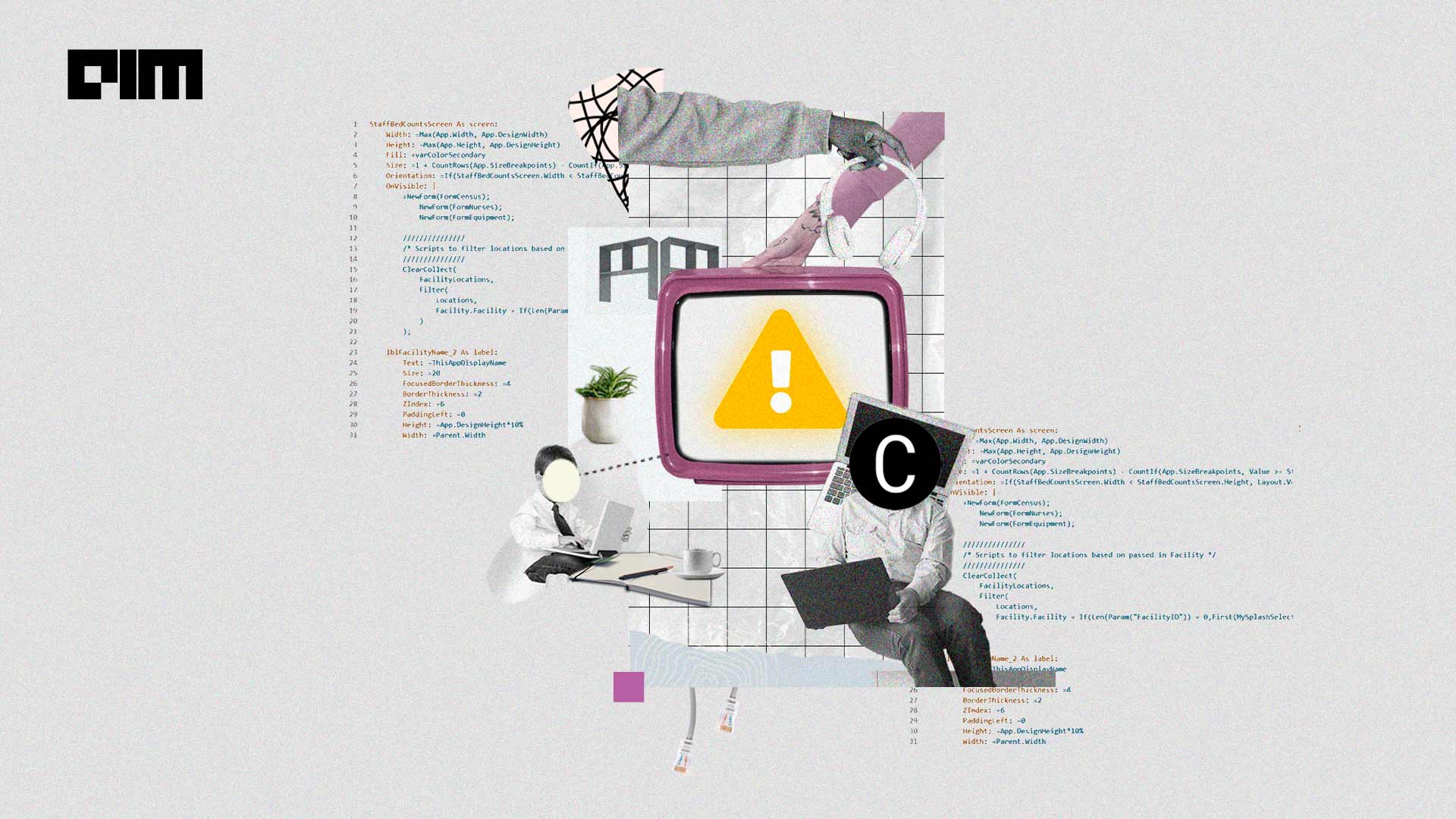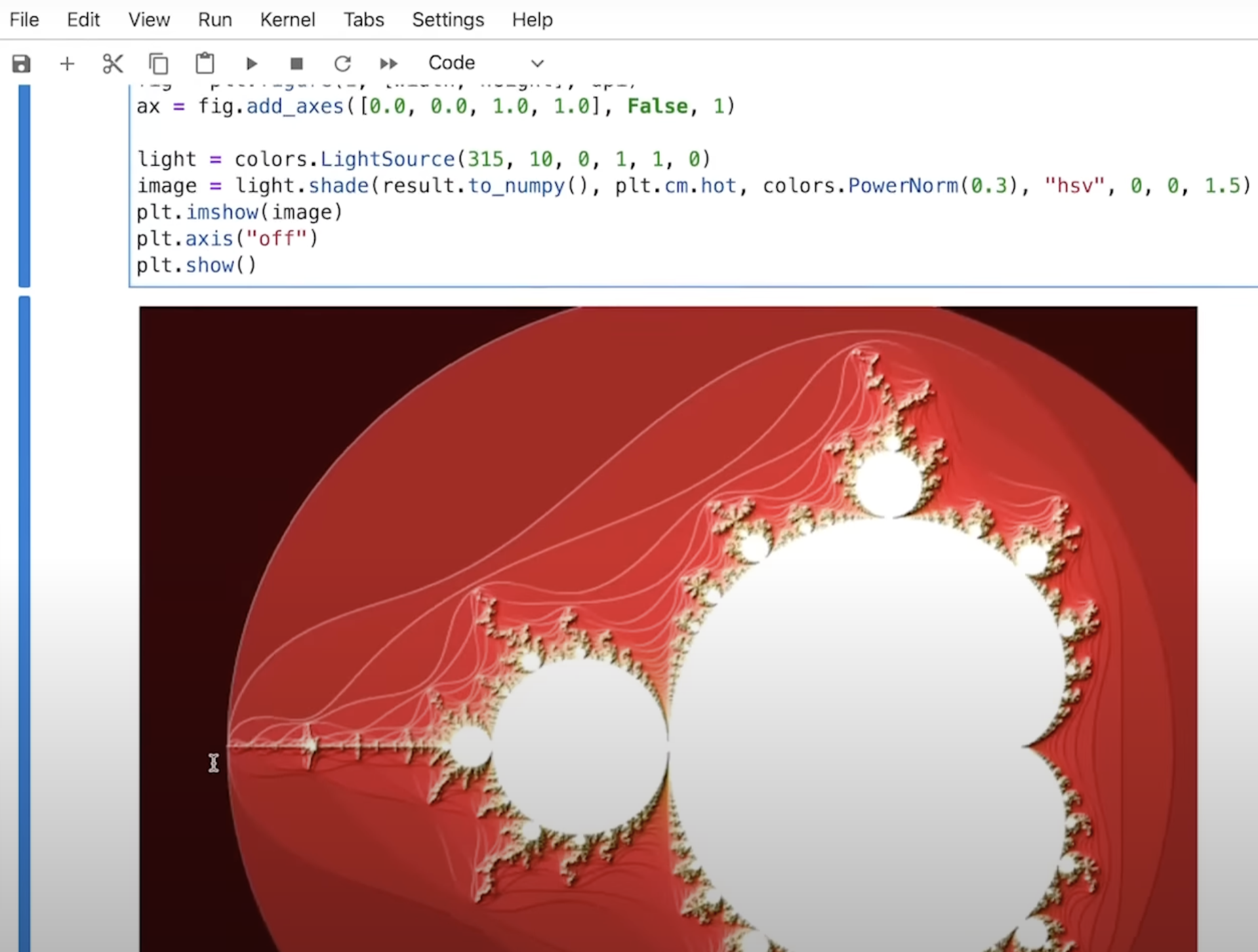The "end-of-FreeBSD-if-no-lts-thread" and the "C/C++-will-be-replaced-by-X/Y/Z-in-a-year-at-most-thread".
I've seen them both for almost a decade now. Neither became true, nor do any of them look more likely to than it ever were to me.
Isn't about time to get over it?
If you analyze the last 20 years, it is just clear that there will probably be a successor to C, C++, or both in the future. C has dropped from
20.77% to
13.35%.
C++ once had
over 16% popularity, and in Dec 2017 it had
4.7% popularity.
C++ was in a strong trend of extinction 6 years ago and it could have died out because D is an improvement in almost all areas (and a huge improvement in some areas).
I think C++ is a typical programming language for companies that have monopolies in their market. They no longer innovate.
What you see is that once Microsoft, Google, Facebook, AWS, Oracle and Apple have become dominant, innovation in computer science has
greatly diminished.
The twentieth century saw hundreds of programming languages being developed, but in the 21st century, when most of the world is on the internet, there are only a handful of them

analyticsindiamag.com
In the late 80s, programming languages were spawning one each month on average, and so far, about 9,000 programming languages have been developed. But strangely, in the past three years, only three notable languages have come up, namely — C++20, Microsoft Power Fx, and Carbon. That makes the average nosedive to one language a year from one a month!
You're facing several problems right now because of these companies. Google is the market leader and doesn't even bother to provide updates for many smartphones for more than 2 years.
Microsoft do little else than degrade the same games and then offer them for a very high price, abuse privacy and offer paid software that is many times less energy efficient than other (free) software. Facebook haven't really known how to proceed with their company for years and have invested a lot of money in some of the most ridiculous projects ever.
Oracle is (technologically) completely obsolete by PostgreSQL, Dragonfly Data Store, MongoDB, Redis etc.
There are also thousands of programmers in these companies, so you can guess that these programmers are usually no longer brilliant minds if they are trapped day after day in these types of companies.
The AI-generated algorithms are already being used by millions of developers.

www.technologyreview.com
Now it has pulled the same trick again—twice. Using a new version of AlphaZero called AlphaDev, the UK-based firm (recently renamed Google DeepMind after a merge with its sister company’s AI lab in April) has discovered a way to sort items in a list up to 70% faster than the best existing method.
What I understand from this is that the numerous group of C++ programmers will not have discovered in 2023 how to sort items efficiently.
I think there are strong threats to C++ right now such as D, jai and Mojo.
AI infrastructure company, Modular AI, recently unveiled Mojo, a new programming language that combines the syntax of Python along with the portability and speed of C, making it ideal for both research and production.

analyticsindiamag.com
The team claims it is 35000X faster than Python.
Mojo may be the biggest programming language advance in decades
Mojo is a new programming language, based on Python, which fixes Python’s performance and deployment problems.
www.fast.ai
Porting 58000 lines of D and C++ to jai, Part 0: Why and How
In this series of blogposts, I will document my experience of porting the game that I am currently working on to the jai programming language. It’s currently written in mostly D and some C++ and comes in at exactly 58,620 lines of code (excluding libraries). I’ve planned on doing this for a long...

www.yet-another-blog.com
As the AI industry booms, what toll will it take on the environment?
Tech companies remain secretive over the amount of energy and water it takes to train their complex programs and models

www.theguardian.com
A Computer Scientist Breaks Down Generative AI’s Hefty Carbon Footprint
Is generative AI bad for the environment? A computer scientist explains the carbon footprint of ChatGPT and its cousins—and how to reduce it

www.scientificamerican.com
We are currently in a moment where hardware has become little more efficient in recent decades, but AI adoption will continue to increase rapidly for several more decades.
C++ requires a lot of energy for compilation, which D and jai, for example, do not require, so it can be a good idea anyway to replace C++ with a language that compiles faster.
C++ will remain popular as long as big tech companies are allowed to use completely pointless 'solutions' such as offsets and are not forced to take the most basic measures.

 analyticsindiamag.com
analyticsindiamag.com


 analyticsindiamag.com
analyticsindiamag.com



